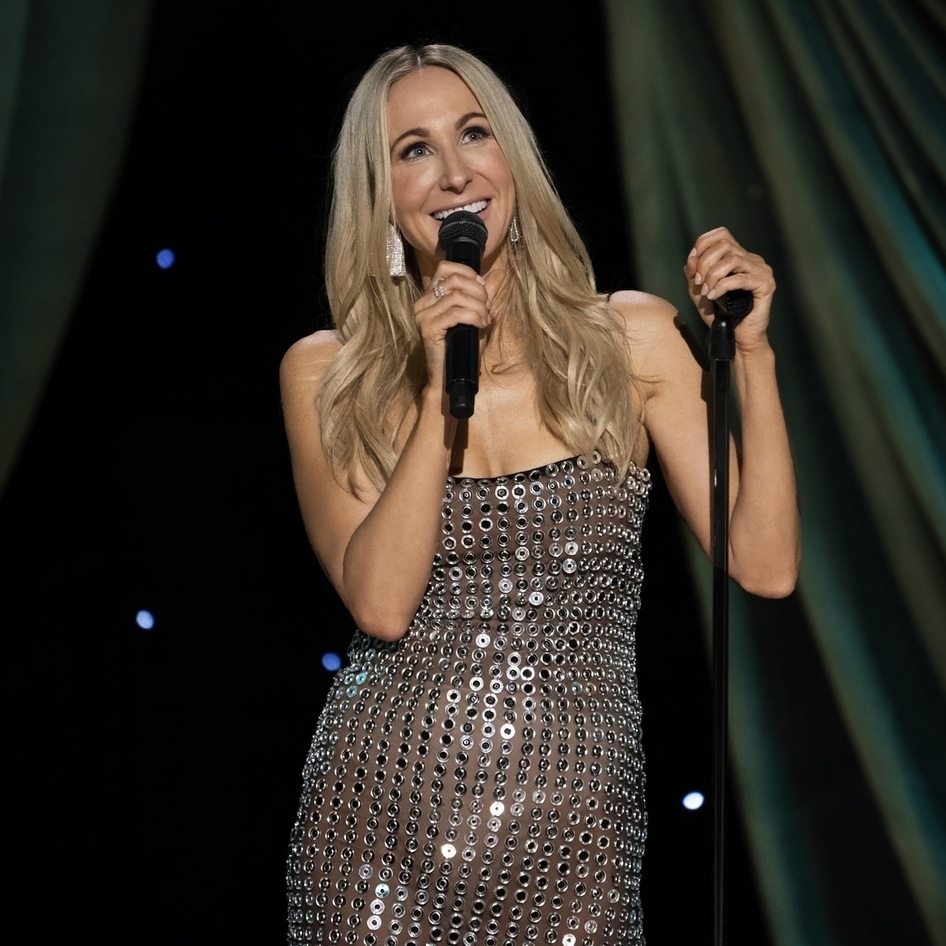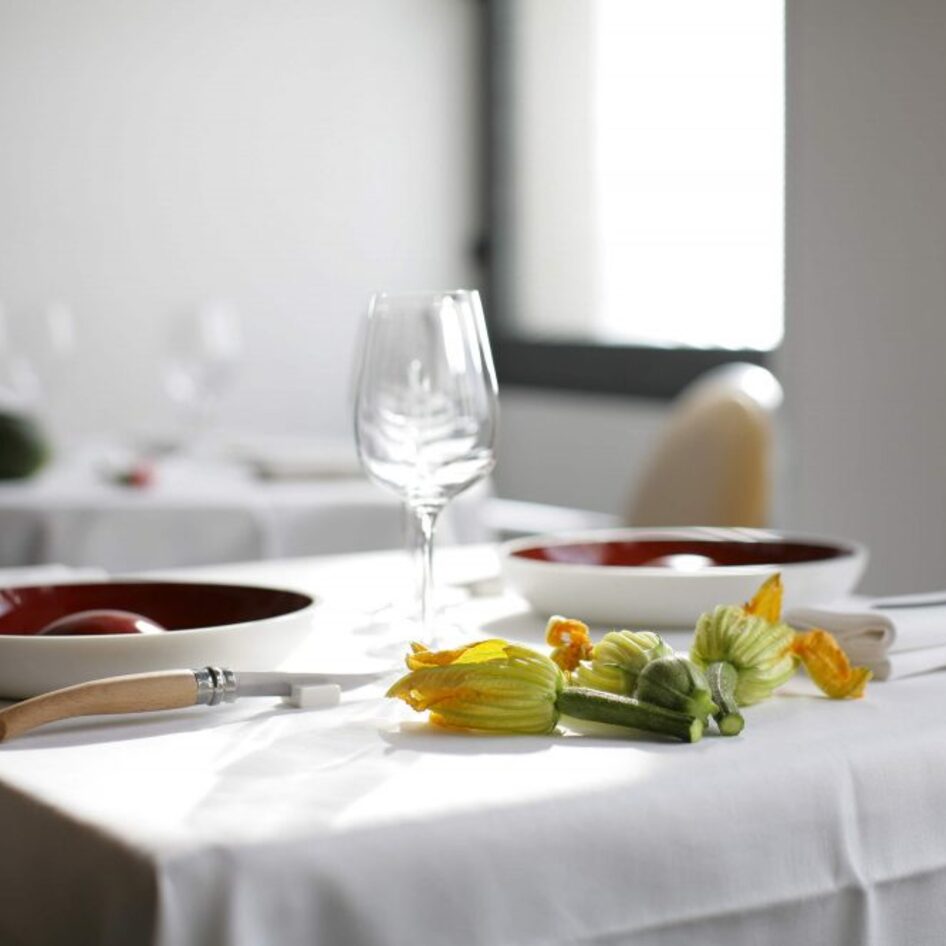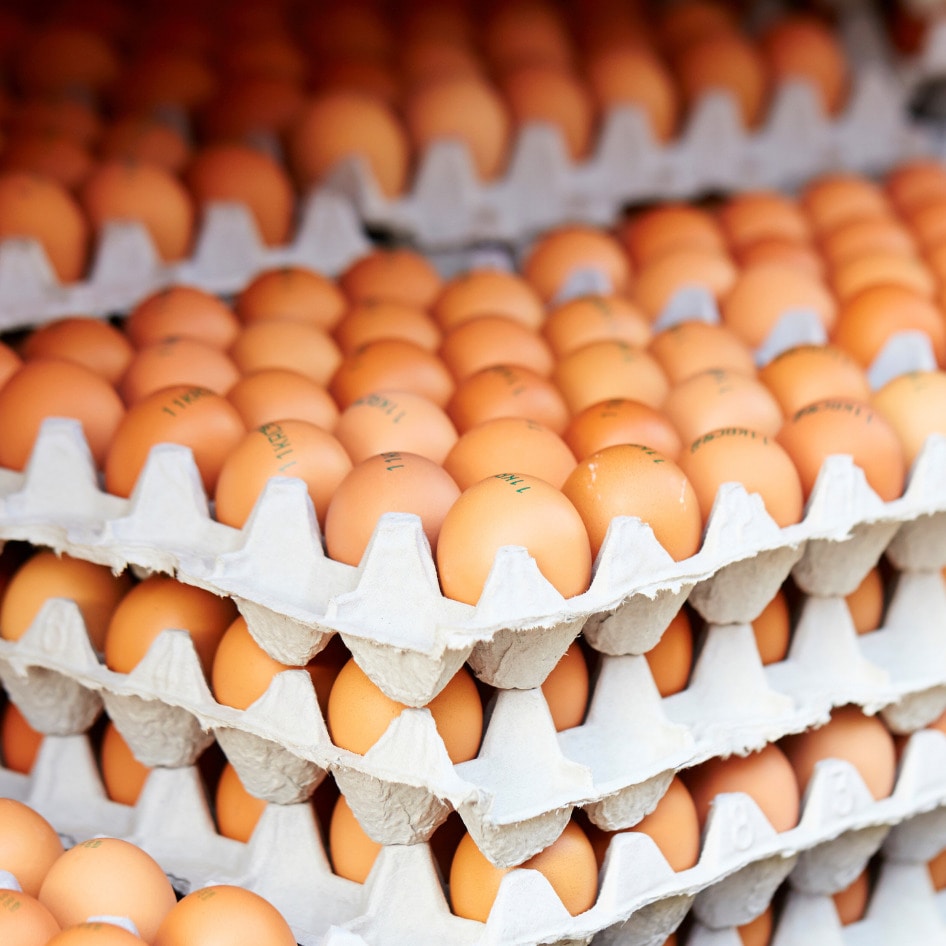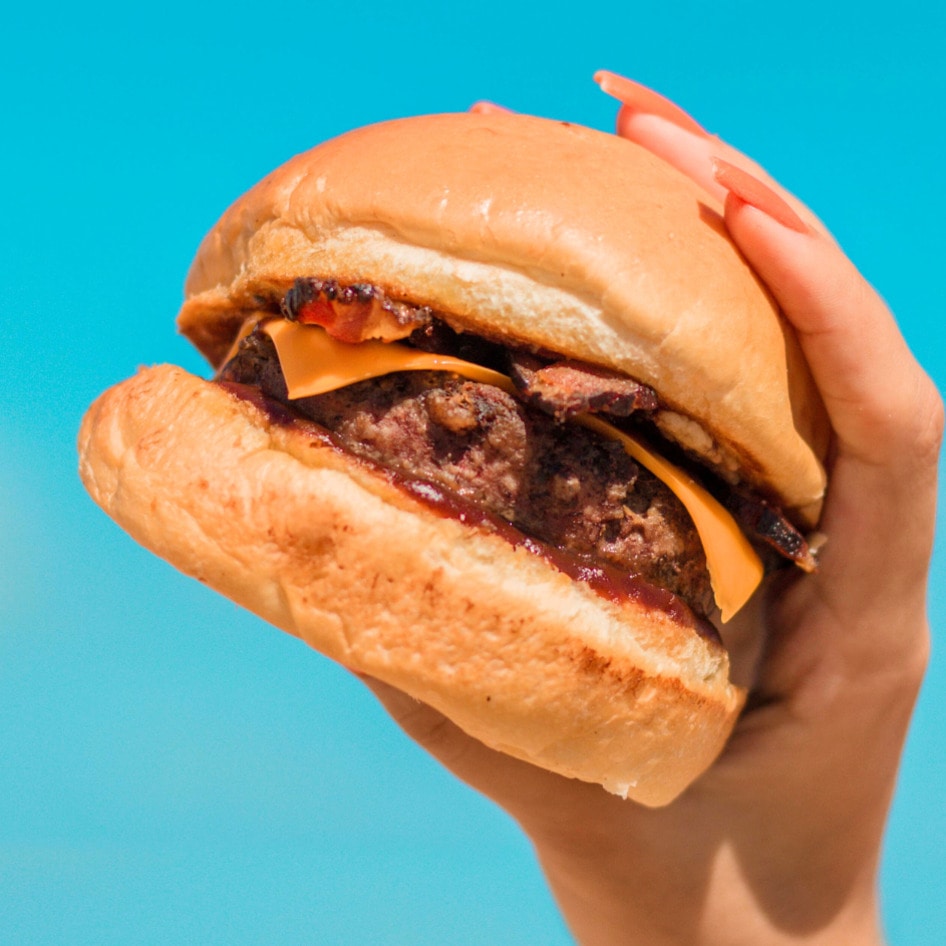The European Commission recently announced that it will introduce new legislation to ban the use of cages in animal agriculture. The ban will be introduced by the end of 2023 to phase out and finally prohibit the use of cages for hens, mother pigs, calves, rabbits, ducks, geese, and other farmed animals, with an aim to phase out all cages for farmed animals by 2027. Animal welfare organization Compassion in World Farming estimates that approximately 300 million animals currently live out all or a significant portion of their lives in cages across Europe.
The landmark legislation comes after more than 170 organizations and concerned citizens across Europe joined forces to create the “End the Cage Age” European Citizens’ Initiative in 2018. The Initiative was signed by 1.4 million citizens across all European Union (EU) member states and is the very first successful citizens’ initiative for farmed animals. On October 2, 2020, the group submitted the signatures to the European Commission.
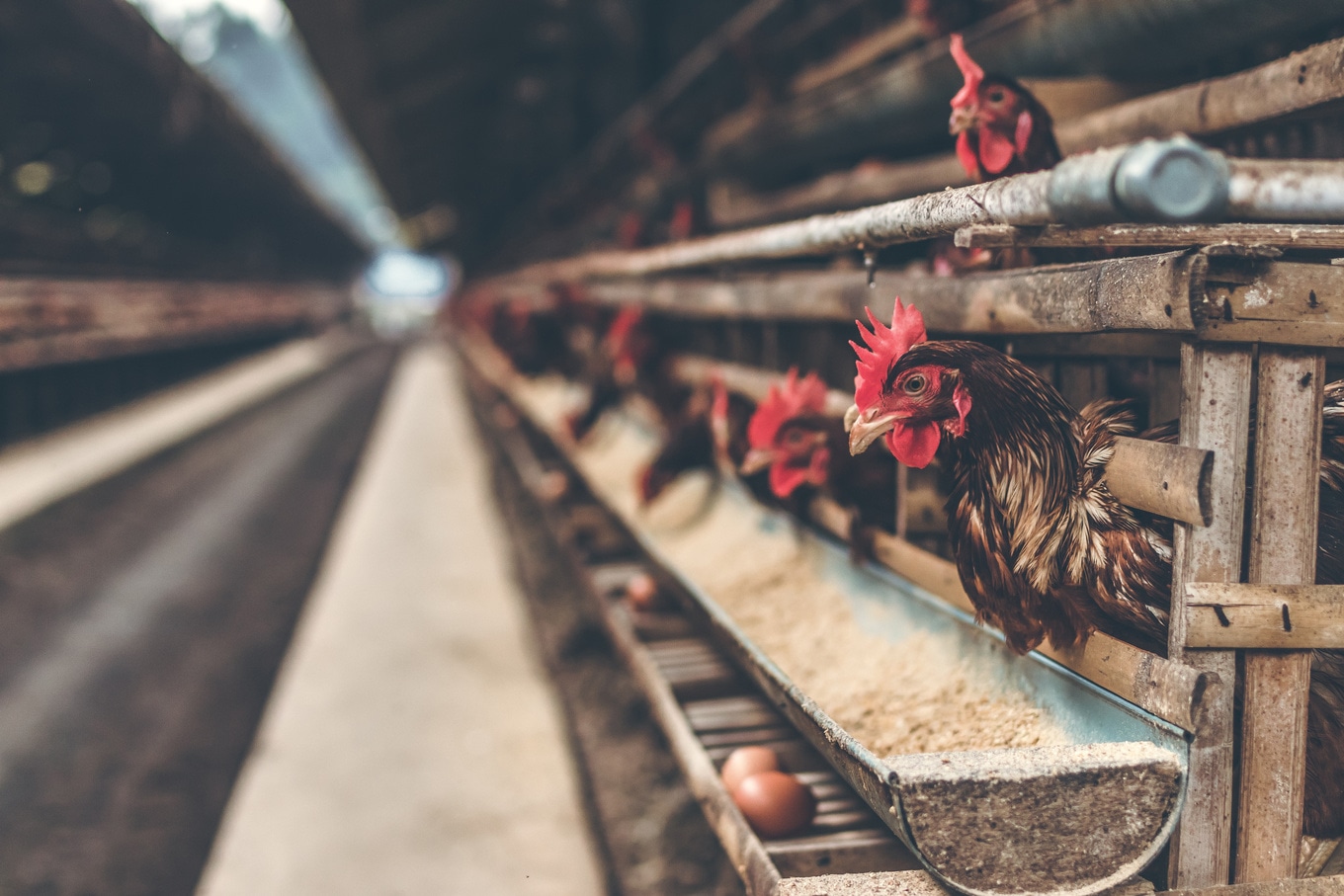
“It is important that today, we can say we have listened to you and we will continue to listen; we have heard you and we will continue to hear and will deliver upon your aspirations, which are shared aspirations,” Stella Kyriakides, European Commissioner for Health and Food Safety, said. “Animal welfare is for us a political priority and we will continue to show our commitment to this.”
In addition to putting forward new legislation to phase out the use of cages for farmed animals by 2027, the European Commission’s legislation will ensure that all imported products in the EU comply with future cage-free standards, and implement systems for incentives and financial support to European farmers during the transition to cage-free farming.
300 million farmed animals freed from cages
Current EU farm animal legislation stipulates that “the freedom of movement of an animal … must not be restricted to cause unnecessary suffering” and that “where an animal is continuously or regularly confined, it must be given the space appropriate to its physiological and ethological needs in accordance with established experience and scientific knowledge.”
However, standard confinement systems used today often breach this legislation, yet they continue to be routinely used in many EU member states. For example, haying hens and rabbits are confined to spaces about the size of a standard A4 sheet of paper. Adult female pigs have to spend nearly half of every year inside crates, where they can’t even turn around. Calves, geese, and quail are also caged, preventing them from performing basic natural behaviors.
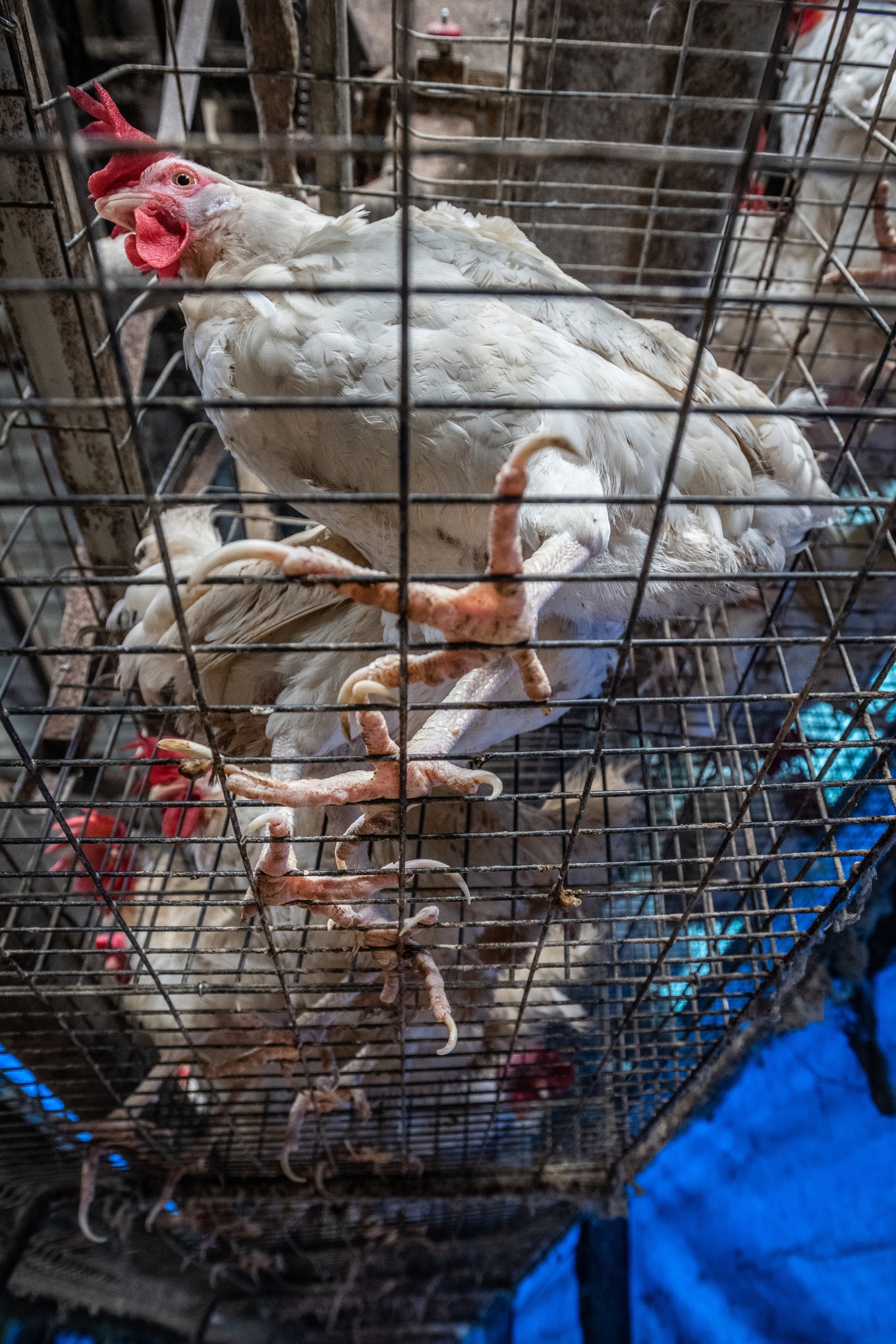
While the EU ban on the use of barren battery cages came into force in 2012, nearly half of commercial egg-laying hens are still kept in so-called “enriched” cages. Additionally, breeding flocks and chicks are also caged, often in barren cages.
Going cage-free
Some EU member states have already introduced national legislation to ban certain forms of caged farming. In Sweden, all cages for mother pigs are banned. Germany will end the use of mother pig stalls by 2030, and restrict time spent in farrowing crates (restrictive pens which prevent the sow from turning around) to a maximum of five days from 2035; the country has committed to banning enriched cages for laying hens by 2025. Both Luxembourg and Austria have banned enriched cages for laying hens, and Slovakia has signed a memorandum between the government and industry to ban enriched cages by 2030. In September 2020, Czech MPs voted to ban the use of cages for laying hens by the year 2027.

Additionally, many leading businesses across the globe have listened to their customers and are going cage-free. In Europe, hundreds of the biggest retailers and brands, including Tesco, Morrisons, Carrefour, Intermarché, as well as leading egg producers in the UK (Noble Foods) and France (Groupe Avril), have all committed to using only cage-free eggs by 2025. Since 2016, the number of companies with global cage-free commitments has also grown from five to at least 37, including global giants like Unilever, Danone, Compass Group, Aldi Nord, and Aldi Sud.
In the US, following McDonald’s landmark decision in 2015 to source only cage-free eggs by 2025, a wave of US companies—including Walmart, Nestlé, Starbucks, and Publix—followed suit. According to a recent report by animal-rights group Open Wing Alliance (OWC), 85 percent of all corporate cage-free commitments to remove cruel cages from their supply chains by 2020 or earlier have been fulfilled. One standout is Yum! Brands—the parent company of major chains Taco Bell, KFC, and Pizza Hut—which has failed to make a cage-free commitment and is facing a global campaign led by OWC to push the company into the modern era of animal welfare.
JUMP TO ... Latest News | Recipes | Guides | Health | Subscribe

